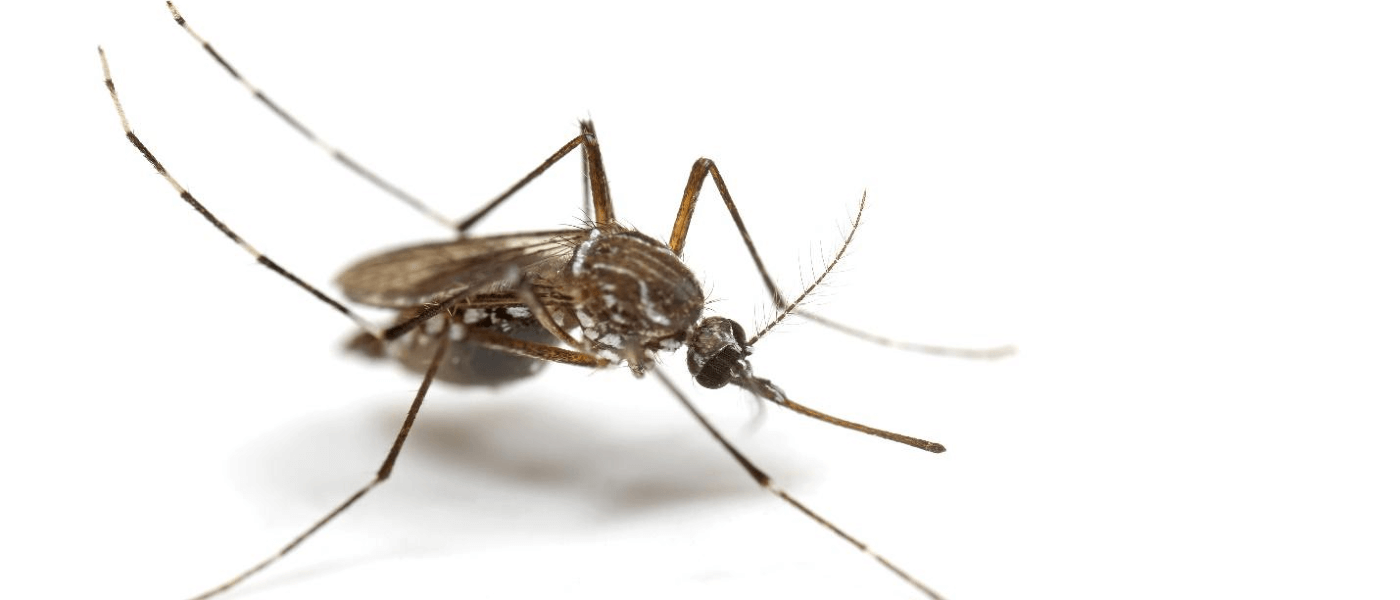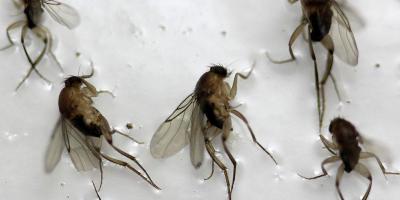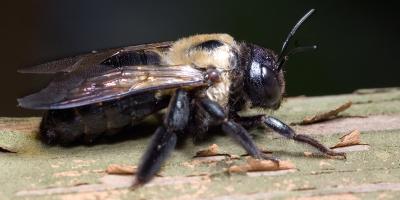Why Mosquitoes Love Your Ears

According to West African legend, a mosquito said something foolish to an iguana, who put sticks in his ears to hear no more of such foolishness. This scared the next animal, setting off a chain of fear that ended when a monkey killed an owlet, whose mourning mother forgot to wake up the sun. This made the animals furious, and to this day, mosquitoes buzz around our ears to ask if everyone’s still mad at them.
Although the scientific accuracy of the West African tale might be questionable, at least one element of the story checks out -- mosquitoes have a really bad habit of buzzing in our ears!
So, what does science say about this odd and annoying behavior? Although perhaps not as entertaining as the story of the foolish mosquito, the truth is at least still quite interesting. Despite their small size, mosquitoes actually have a rather complex creature-detection system built into their tiny physiques. It’s by following those signals that mosquitoes wind up buzzing in our ears.
This is Why Mosquitoes Invade Your Headspace
Most animals, including humans, emit carbon dioxide when they breathe out. Mosquitos can detect higher-than normal carbon dioxide levels in the air, alerting them to the presence of a potential host full of blood.
Carbon dioxide tends to “pool” in the air around you, especially the air closest to your mouth and nose -- the area surrounding your head. It’s not necessarily that mosquitoes are targeting your ears, specifically. Just that the area surrounding them happens to be rich with carbon dioxide, and, well, that’s where you’re more likely to hear the buzzing noise produced by mosquitoes’ wings.
You’re also more likely to hear them at night because your environment is generally quieter than during the day (not because they’re waiting patiently for you to fall asleep before they stage their attack).
What Makes Them So Bloodthirsty, Anyway?
The West African tale kind of makes you wonder if biting us and sucking our blood is some kind of petty revenge for ignoring them all these years, but the truth is far more practical. Female mosquitoes bite and draw blood to acquire a protein they need to develop eggs and reproduce. (Males, consequently, are vegetarians, dining only on nectar.)
As endearing as that may sound (who doesn’t love babies?), the fact of the matter remains that more mosquitoes on planet Earth means more disease and, sadly, death.
The World’s Most Lethal Species
Public health organizations like the Centers for Disease Control and Prevention in the US all agree -- mosquitoes are the world’s deadliest animal. Each year, mosquito-borne illness results in the deaths of more than two million human beings, from diseases such as malaria, West Nile virus, Dengue fever and others. They’re also responsible for heartworm, a parasite affecting dogs and, occasionally, cats.
Some regions experience certain threats more than others. New England, for example, has seen an uptick in cases of eastern equine encephalitis or EEE in humans, due to the area’s forests attracting migratory birds who pass the infection on to humans through the mosquitoes that bite both. Pennsylvania has several native species of mosquito responsible for West Nile, EEE, Zika and heartworm -- species that have been expanding their range northward.
Repelling Mosquitoes Without Repellent
Most people know that when they venture outdoors during peak mosquito season, it’s important to use a commercial insect repellent containing either DEET or picaridin. But no one wants to try to fall asleep at night with the smell and feel of bug spray on their skin.
If you’re trying to catch some Zs in a mosquito-heavy zone like a campground, try wearing long-sleeved shirts and long pajama pants to bed and using a mosquito net above your mat or cot. Wear bright-colored clothing (mosquitos are drawn to darker colors) and sleep with fans blowing air around the room if possible.



